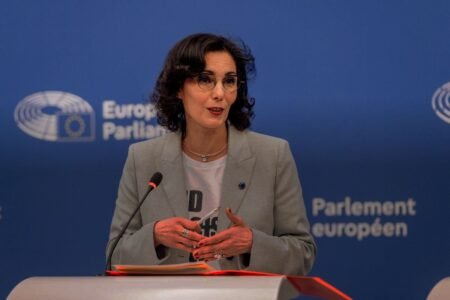The EU’s member states gave the long-awaited go-ahead Thursday to remove checks on persons at the internal land borders with and between Bulgaria and Romania as from 1 January 2025.

“It is a historic moment to finally welcome Bulgaria and Romania as full Schengen members,” said Hungary’s minister for home affairs Sandor Pinter, for the EU presidency: “Lifting checks on persons at the internal land borders with and between those member states has been a top priority for the Hungarian presidency, and today we have made it a reality. This step will benefit not only Bulgarian and Romanian citizens, but also the EU as a whole.”
Since December last year, when the EU Council decided to welcome Romania and Bulgaria into the Schengen area, both EU member states have taken the necessary measures to ensure a smooth application of the Schengen rules as from 31 March 2024, says the Commission. On that date, the controls at the internal air and sea borders were lifted and the Schengen rules started to apply including on issuing Schengen visas.
Schengen is the largest free travel area in the world. Border checks between France, Germany, Belgium, the Netherlands and Luxembourg were first dropped in 1985. The Schengen area now covers 29 countries (25 of the 27 EU member states, as well as Iceland, Liechtenstein, Norway and Switzerland) and 420 million people. Controls at the internal borders with Cyprus have not yet been lifted, and Ireland is not yet part of the Schengen area.
Since their accession to the EU, Bulgaria and Romania have applied parts of the Schengen legal framework (the Schengen acquis), including those relating to external border controls, police cooperation and the use of the Schengen Information System.
On 30 December last year, the Council adopted a decision to apply, from 31 March 2024, the remaining parts of the Schengen acquis and to abolish checks on persons at internal air and sea borders.
“Guaranteeing smooth and secure travel to a region with a population of almost 450 million people, the Schengen area is essential for the European Union, its people and its businesses,” said the Commission president Ursula von der Leyen.







